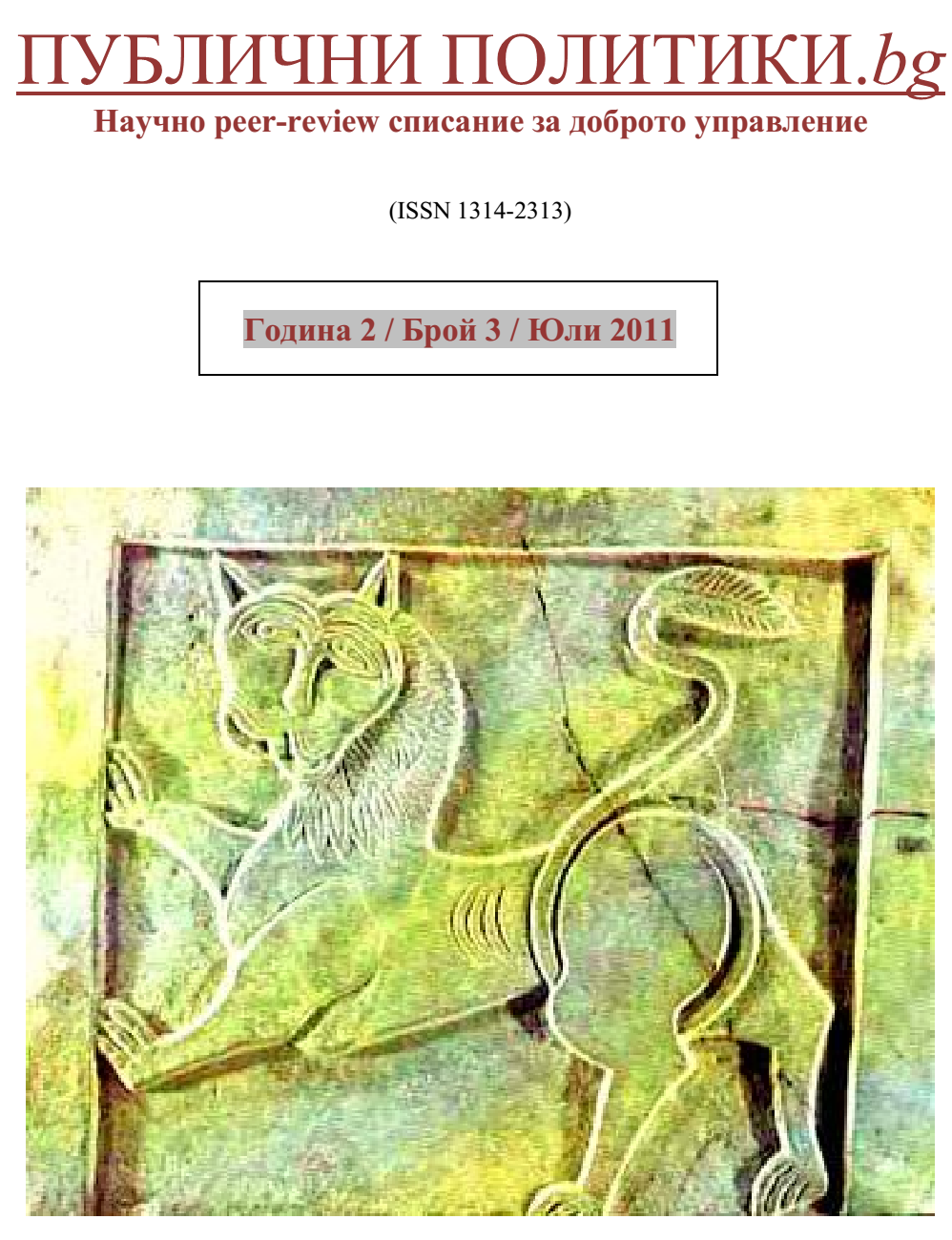ЕНЕРГИЙНАТА ПОЛИТИКА НА ЕС ПРЕЗ ПОГЛЕДА НА ТЕОРЕТИЧНИЯ МОДЕЛ НА ФОКУСИРАНИЯ ВЪРХУ АКТЬОРИТЕ ИНСТИТУЦИОНАЛИЗЪМ
THE ENERGY POLICY OF THE EU THROUGH THE LENSES OF ACTOR-CENTERED INSTITUTIONALISM
Author(s): Victor AvramovSubject(s): Politics / Political Sciences, Politics, Social Sciences, Political Theory, Political Sciences, Governance, Public Administration
Published by: Софийски университет »Св. Климент Охридски«
Keywords: actor-centered institutionalism; interaction oriented policy research; game theory; energy policy of the EU
Summary/Abstract: The paper continues the discussion, started in another article, about finding a useful model for analyzing complex policy interactions with focus on how does cooperation between policy actors emerges and how do we study the process of its emergence and development. It uses EU energy policy as an example. The energy policy of the EU was for a long time a chimera, mainly because member states have sovereign powers concerning decisions about their energy mix. Furthermore, the community institutions were not developed with problem solving capacity in the area of energy policy. This led the EU countries to develop national solutions to the growing international problems of competition, security of energy supply and climate change. This article uses the theoretical lenses of the model of actor-centered institutionalism, developed by Renate Mayntz and Fritz Scharpf in their work from the 1970s to present day, in search for an explanation of the gradual change in EU energy policy in the last two decades. In addition to an explanation of the complex interactions of political actors and their institutional, and broader, policy environment, the model offers a methodology for analyzing policy outcomes and making recommendation for institutional design facilitating mode effective and legitimate policymaking.
Journal: ПУБЛИЧНИ ПОЛИТИКИ.bg
- Issue Year: 2/2011
- Issue No: 3
- Page Range: 71-97
- Page Count: 27
- Language: Bulgarian

